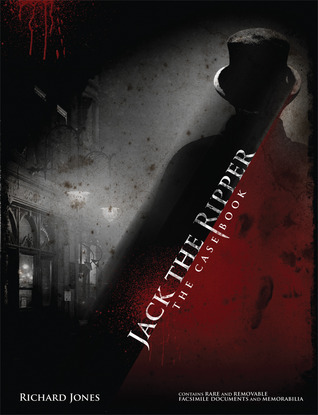
Serial Killer Case Files
Book Description
They walk among us, hiding in plain sight, while an insatiable hunger drives them to disturb the peace. "Serial Killer Case Files" unveils the chilling true stories of the most notorious murderers, exposing the dark webs they weave and the relentless pursuit of justice that follows. Each chilling case offers a glimpse into the minds of these psychopaths, revealing the twists and turns of detective work that uncover their deadly secrets. As the clock ticks and lives hang in the balance, the question looms: how far will the truth go to chase down evil?
Quick Book Summary
"Serial Killer Case Files" by R.J. Parker is a chilling exploration into the shadowy world of some of the most infamous serial killers in history. Parker meticulously details the backgrounds, twisted methods, and psychological profiles of notorious murderers, delving into what compels them to commit such enormous atrocities. Beyond gruesome acts, the book highlights the dogged persistence of detectives and forensic teams who doggedly pursue these criminals, often at great personal and emotional cost. Through gripping narratives, readers are exposed not only to the terror these killers inflicted but also to the advances in criminology and investigative techniques that led to their capture. Ultimately, the book challenges readers to consider the nature of evil and the resilience of those who seek justice, all while reflecting on humanity’s fascination with the darkest corners of the human mind.
Summary of Key Ideas
Table of Contents
Understanding the Mind of a Serial Killer
R.J. Parker’s "Serial Killer Case Files" plunges readers into the chilling realities behind some of the world’s most notorious murderers. Each case study draws upon psychological exploration, offering insights into patterns, childhood trauma, social factors, and mental illnesses that influence serial killers’ behaviors. The book illuminates how early signs are often missed or misunderstood, providing a sobering perspective on the intersection of nature and nurture. By examining the backgrounds of these individuals, Parker highlights the complexity and variety within the killer psyche, dispelling myths that surround serial offenders.
Techniques and Challenges of Criminal Investigation
The pursuit of justice is not straightforward; Parker illustrates the complexities and evolving nature of detective work. Utilizing detailed timelines, interviews, and forensic evidence, investigators gradually piece together clues that often span years or decades. The book showcases major advancements in crime scene analysis and DNA technology. However, it also reveals challenges: wrongful accusations, media interference, and the emotional strain borne by law enforcement and victim communities. Through these real-life accounts, readers gain a nuanced understanding of investigative procedures and the human drive to restore order after chaos.
Impact on Victims, Families, and Society
Beyond the killers and investigations, the impact on victims and their families is thoughtfully portrayed. Parker gives voice to those who are often overshadowed by sensational headlines, chronicling their suffering, resilience, and search for closure. The ripple effects of violent crimes stretch into communities, affecting safety perceptions and prompting changes in law and policy. The book underscores the importance of support systems for survivors, acknowledging the long-lasting trauma associated with these cases.
Persistence of Law Enforcement and Justice
Law enforcement personnel become characters in their own right, marked by unrelenting dedication and personal sacrifice. Parker draws attention to the emotional and psychological toll that pursuing serial killers exacts on detectives, analysts, and support staff. The book describes how these professionals must maintain objectivity while grappling with horror and loss, which often drives improvements in training, cooperation across agencies, and mental health support within police forces. Their stories are as compelling as those of the criminals they hunt, emphasizing the human element in the quest for justice.
The Psychology Behind Fascination with True Crime
Finally, the book considers society’s enduring obsession with true crime. Parker investigates why serial killers captivate public imagination, blending horror with curiosity. By critically examining the media’s role and the psychological appeal of these narratives, the book invites readers to reflect on their own interest in crime. It poses challenging questions about morality, fear, justice, and the paradoxical desire both to condemn and to understand incomprehensible evil. "Serial Killer Case Files" thus goes beyond reportage, serving as both a mirror and a warning, exploring the darkest facets of humanity’s collective psyche.
Download This Summary
Get a free PDF of this summary instantly — no email required.





